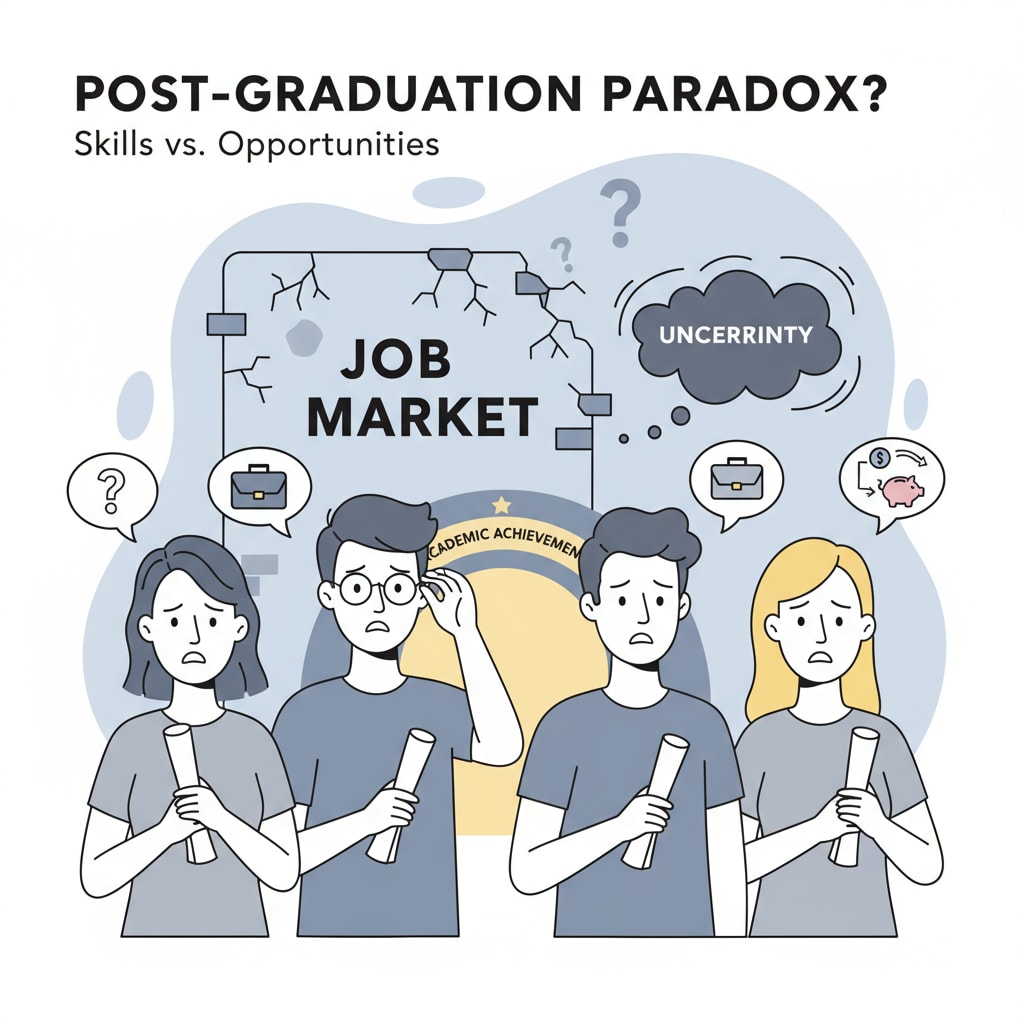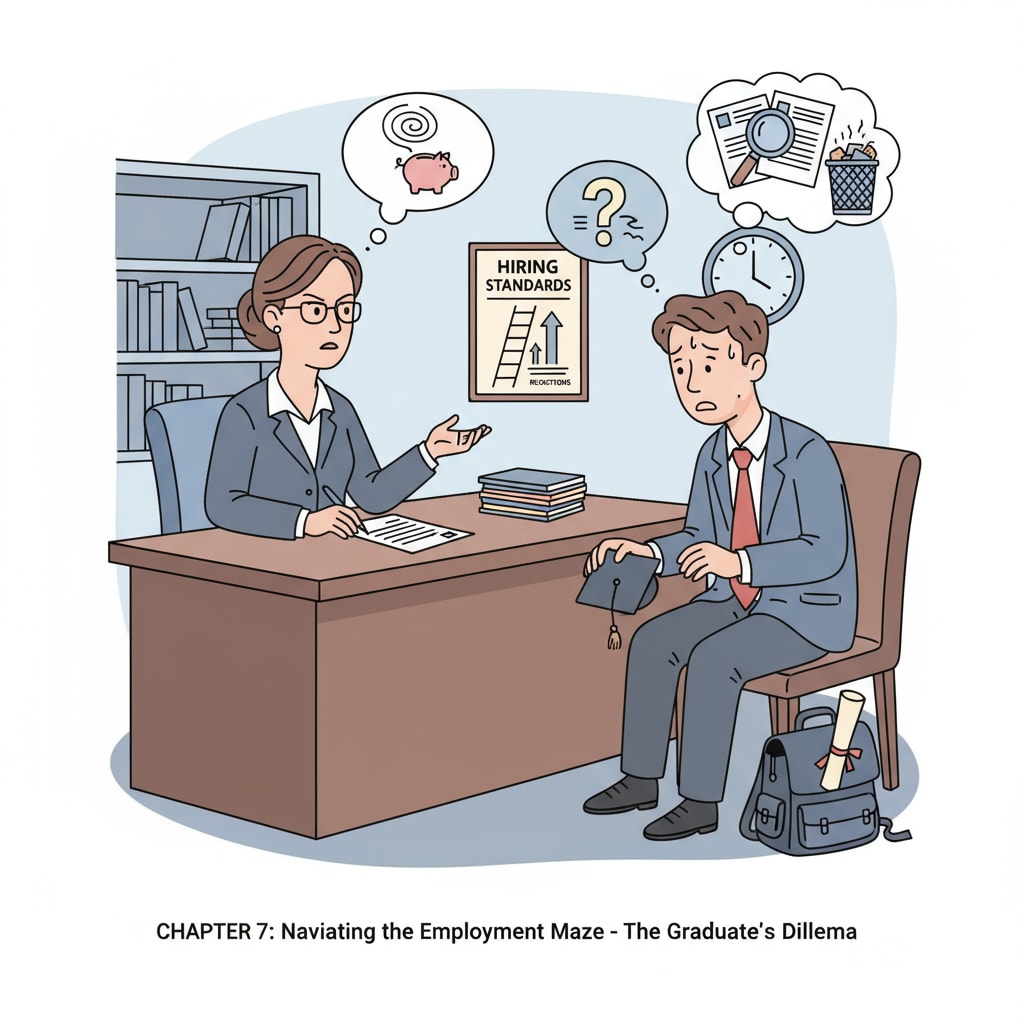When it comes to university grades, employment, and graduation, many students assume that high scores will automatically lead to a successful career. However, the reality is often more complex. For years, the educational system has emphasized academic achievements as the key to future success. But as graduates enter the job market, they frequently find that their excellent grades don’t necessarily translate into the ideal job offers they expected.

This has sparked a growing debate about the true value of university grades in the context of employment.
The Myth of High Grades Equaling Ideal Jobs
For a long time, the belief that high grades in university are a passport to a great job has been deeply ingrained. Parents, teachers, and society at large have promoted this idea. However, in today’s competitive job market, employers are looking for more than just academic excellence. According to Employment on Britannica, soft skills such as communication, teamwork, and problem-solving are becoming increasingly important. Many highly qualified graduates with top grades struggle to land their desired jobs because they lack these essential skills. For example, a student who excels in theoretical knowledge but fails to communicate effectively during job interviews may find themselves at a disadvantage.

The Changing Requirements of the Job Market
The job market is evolving rapidly, and the skills demanded by employers are constantly changing. In addition to technical skills, employers now place a high value on adaptability and creativity. As stated on Employment on Wikipedia, companies are looking for individuals who can think outside the box and contribute innovative ideas. University curricula, which often focus primarily on academic knowledge, may not adequately prepare students for these real-world demands. This means that even students with outstanding grades may not have the practical skills and mindset required by employers.
Moreover, work experience has become a crucial factor in the hiring process. Many employers prefer candidates who have interned or worked part-time during their university years. This hands-on experience not only provides practical skills but also demonstrates a candidate’s ability to work in a professional environment. Students who have dedicated all their time to achieving high grades may have missed out on these valuable opportunities.
Readability guidance: As we can see, the relationship between university grades and employment is not as straightforward as once thought. It’s clear that a combination of academic knowledge, soft skills, and practical experience is essential for success in the job market.


